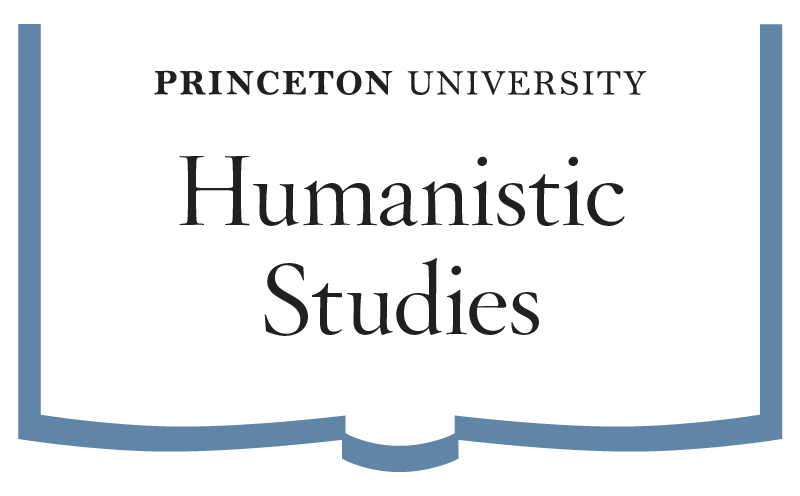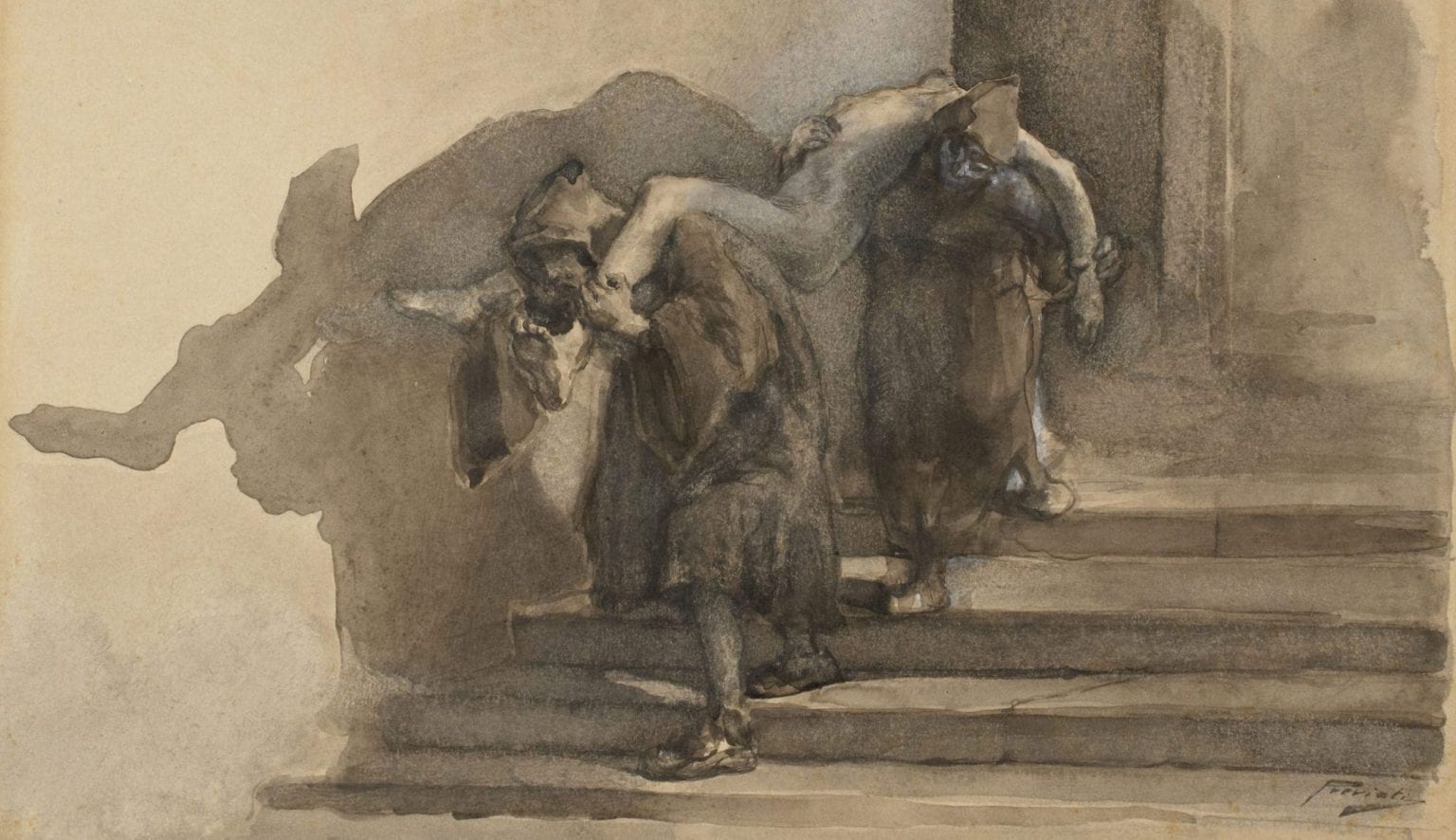With the support of the Humanities Council, the students enrolled in the Spring 2020 Medical Anthropology course (ANT/HUM 240)—co-taught by João Biehl, the Susan Dod Brown Professor of Anthropology and Co-Director of the Global Health Program, and Onur Günay, Postdoctoral Research Associate at the Woodrow Wilson School —have launched a new website to critically analyze the multifaceted medical, social, and political-economic challenges brought on by the COVID-19 pandemic.
“I am proud of our students’ thoughtful response amid COVID-19 and the upheaval of their studies, and of their innovative use of online fieldwork and digital media to present a historical and contemporary analysis of global pandemics,” Biehl said. The projects draw on digital ethnography, critical theory, and the arts and humanities, deploying a range of creative data-visualization methods and sources such as paintings, poetry, photography, journalistic cartoons, and testimonies from various publics and healthcare workers.
“The COVID-19 pandemic exposes the precariousness of our health systems and how structural violence exacerbates vulnerability, mortality, and disparities in care along the lines of age, class, race, gender, and geography,” Günay said. The website engages with critical medical anthropology concepts and discussions to offer a fine-grained analysis of these vital issues.
The website also curates the work of several service organizations in the Princeton area that have collaborated with the Medical Anthropology students. Their joint projects address local health problems and develop research that is relevant to community partners as they envision a future during and after COVID-19.
Supported by Princeton’s Program for Community-Engaged Scholarship (ProCES), and the Pace Center’s Service Focus program these dynamic collaborations chronicle new practices of solidarity during COVID-19, emergent forms of cultural expression, and activist efforts for risk mitigation and social protection.
The website is also a dynamic library of audio-visual and academic resources exploring how Anthropology and the Humanities can deepen our understanding of disease, the body politic, healthcare, viral economies, caregiving, and medical ethics especially during the coronavirus pandemic. The Princeton University Art Museum, and the VizE Lab have also sponsored this creative initiative.
More details and critical analyses of life during COVID-19 can be found by visiting the “Medical Anthropology in the Time of COVID-19” website.













